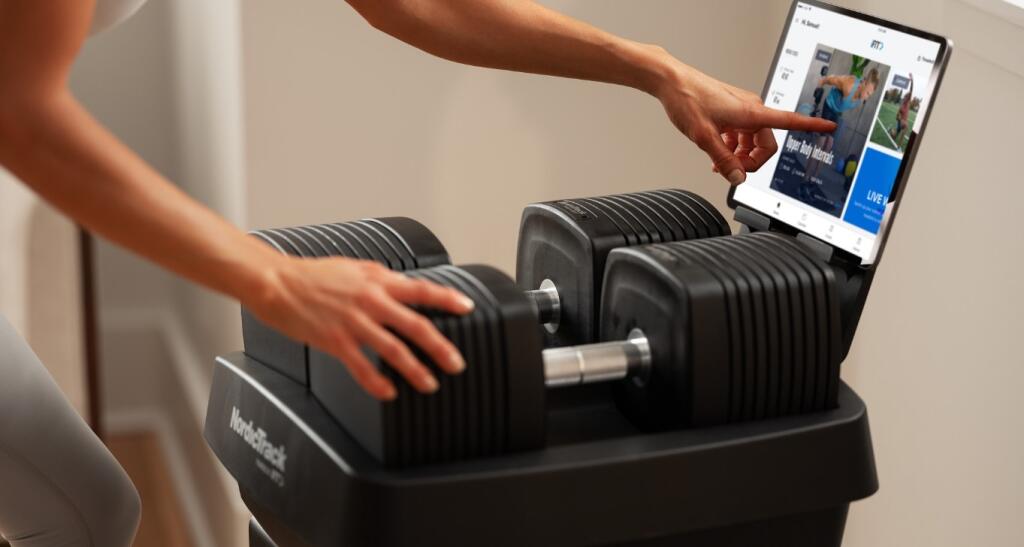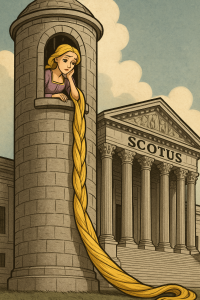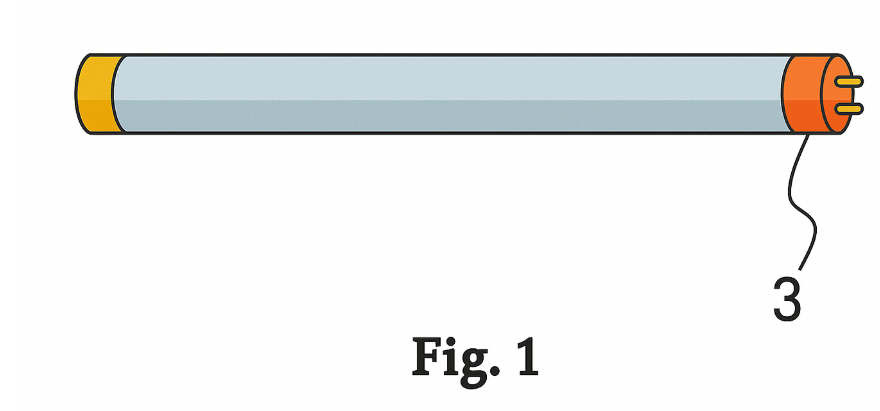by Dennis Crouch
In a decision that should provide welcome clarity for mechanical device patents, the Federal Circuit reversed a district court's dismissal of patent infringement claims involving automated exercise equipment, holding that claims incorporating an electric motor to automate previously manual dumbbell weight selection are not directed to abstract ideas under Alice step one. PowerBlock Holdings, Inc. v. iFit, Inc., No. 24-1177 (Fed. Cir. Aug. 11, 2025). While the decision provides a victory for mechanical automation patents, the court's reasoning appears to turn primarily on the physical nature of the claimed system - using an electric motor to move mechanical components.
A few issues buried inside:
- Mechanical vs. software distinction - Court emphasized the physical nature of the invention (electric motor moving mechanical components) as distinguishing it from purely software-based automation patents. In other words physical automation is much more likely eligible.
- CAFC Erred in decided on narrow claim - Court focused analysis on detailed claim 1 then summarily declared broader claim 20 also eligible, despite parties arguing the claims separately and meaningful distinctions between them. I see this as an error that should get a rehearing.
- Section 101 boundary warning against ignoring old elements - The decision included an explicit caution to "parties and courts" against conflating patent eligibility with novelty/obviousness inquiries by ignoring conventional elements in the eligibility analysis. The interesting bit is that the court inverted quotes from Mayo and Flook to justify its statements.
To continue reading, become a Patently-O member. Already a member? Simply log in to access the full post.



